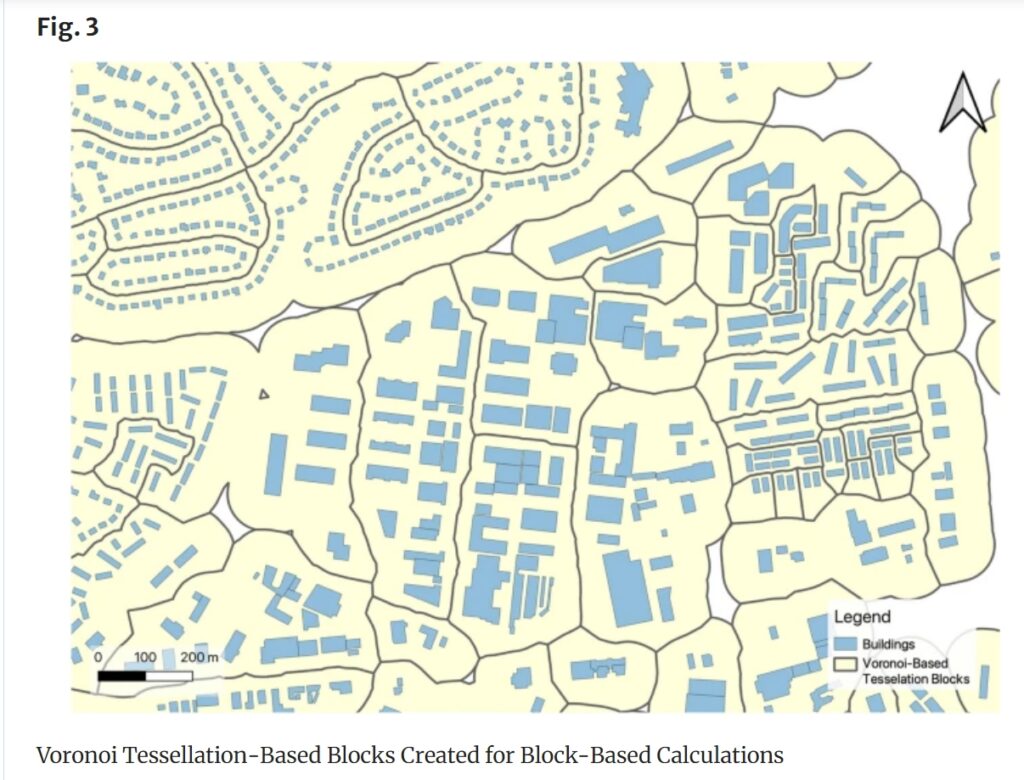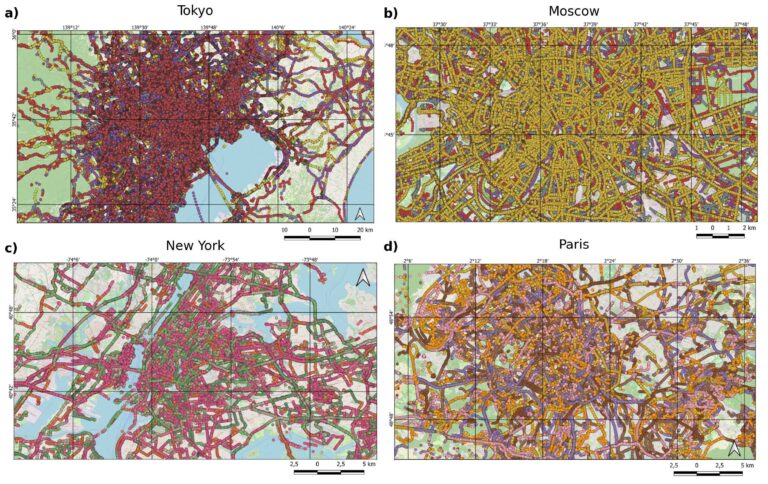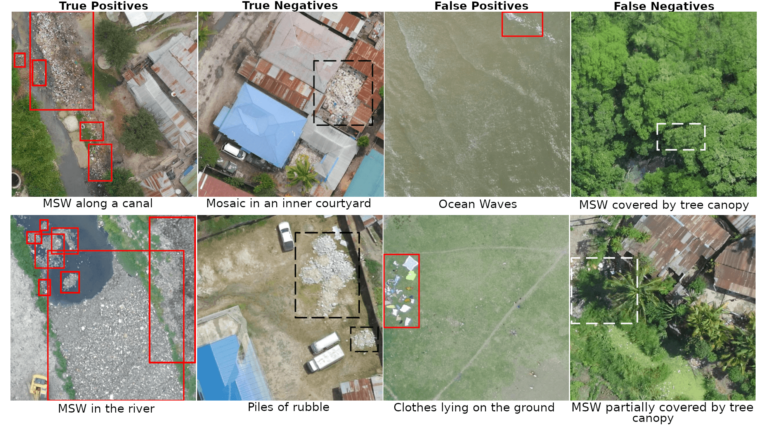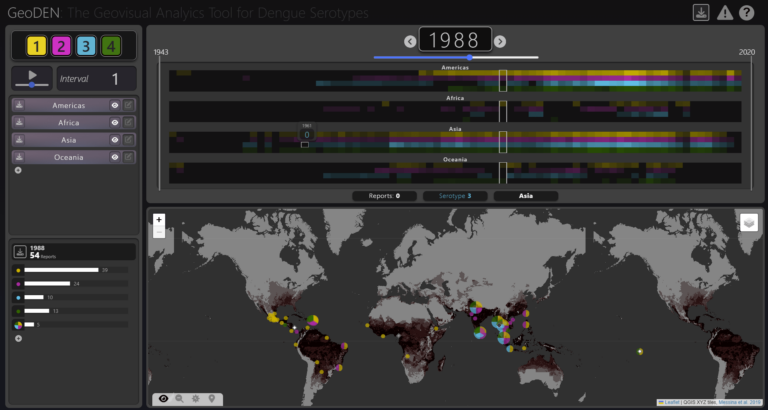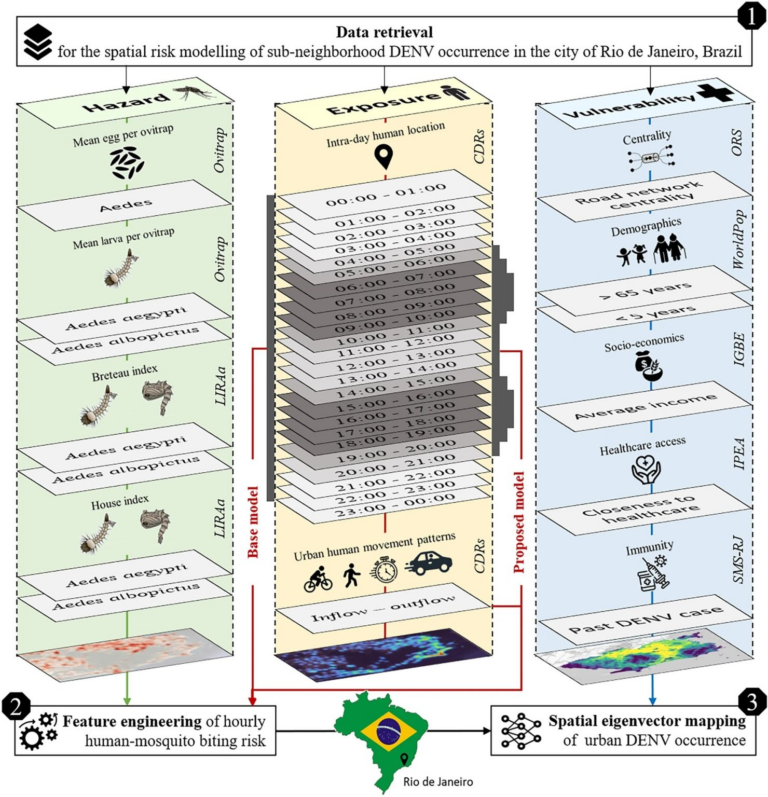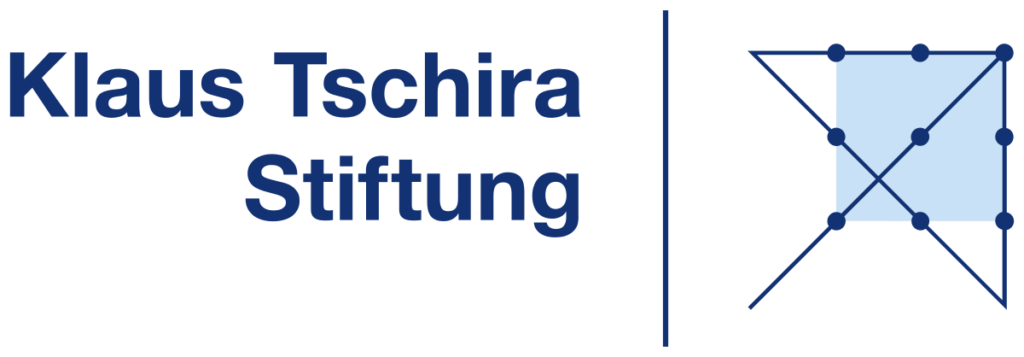Rapid global urbanization is placing immense pressure on planners to make informed decisions that promote sustainable growth. A crucial aspect of this challenge is understanding how urban buildings are used. Traditionally, classifying the function of buildings—such as residential or commercial—relies on costly and subjective on-site surveys. However, advances in AI are poised to transform this process. Recent research has focused on automating building function classification by leveraging data from remote sensing and street-view images, combined with Natural Language Processing (NLP) techniques. Yet, traditional NLP methods often struggle with the complexity of human language, especially in urban contexts where words can have multiple meanings. For example, the word „bank“ might refer to either a financial institution or a riverbank, depending on the context, which poses challenges for accurate classification.
The research team introduces a novel approach to improving the accuracy of building function classification by integrating physical and spatial metrics with contextual embeddings generated from OpenStreetMap (OSM) tags using Large Language Models (LLMs). This method leverages LLMs‘ superior abilities in contextual understanding, derived from their extensive training on diverse language data. We employed an XGBoost model trained on 32 features from datasets across six cities, achieving F1 scores ranging from 67.80% in Madrid to 91.59% in Liberec. The inclusion of LLM-generated embeddings led to a significant improvement in classification accuracy—on average, a 12.5% increase over models that relied solely on physical and spatial data. The LLM approach outperforms traditional NLP methods in 5 out of the 6 cities.
These findings underscore the value of deep contextual understanding in enhancing automated classification methods. Moving forward, it will be crucial to explore the discrepancies in model performance across different urban contexts, as this will be key to developing more generalized and robust classification models.
Reference:
Memduhoğlu, A., Fulman, N. & Zipf, A. Enriching building function classification using Large Language Model embeddings of OpenStreetMap Tags. Earth Sci Inform (2024). https://doi.org/10.1007/s12145-024-01463-8

